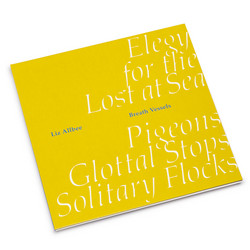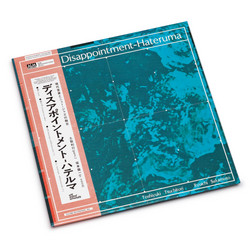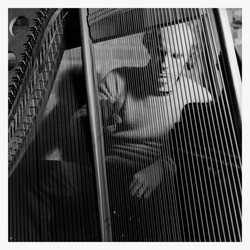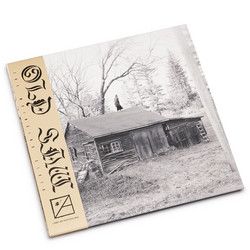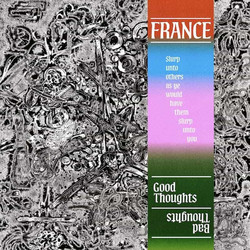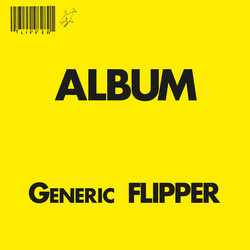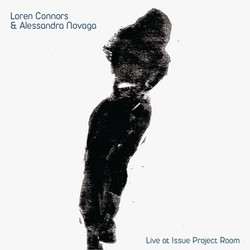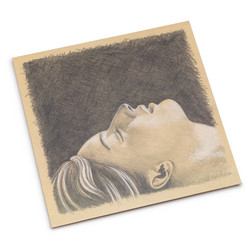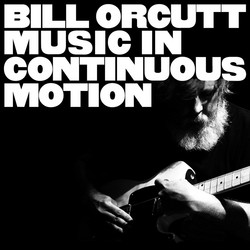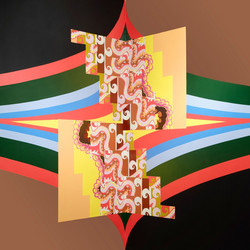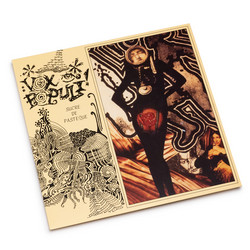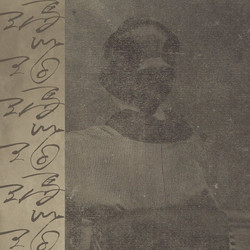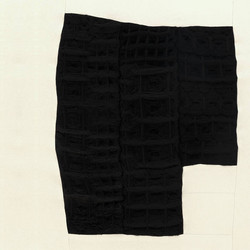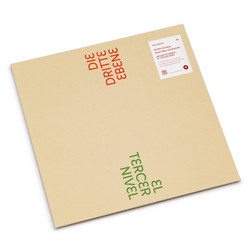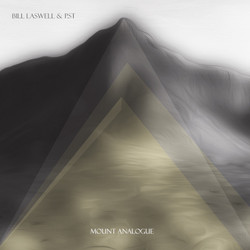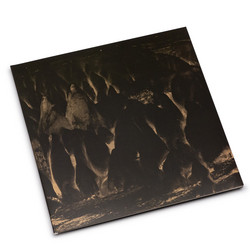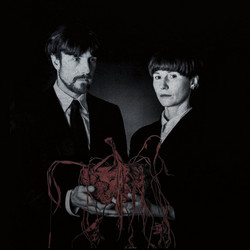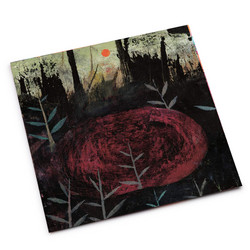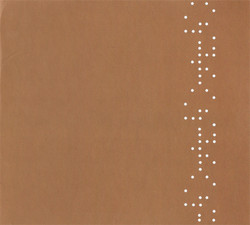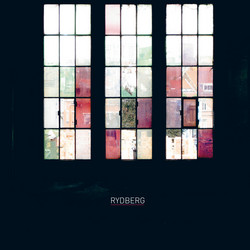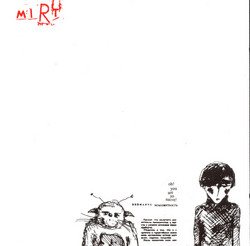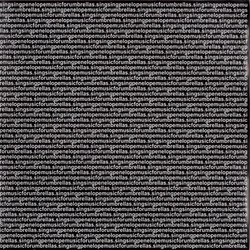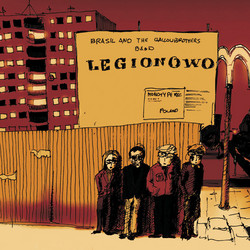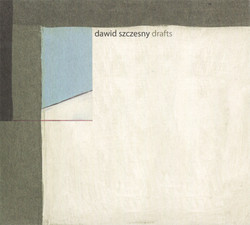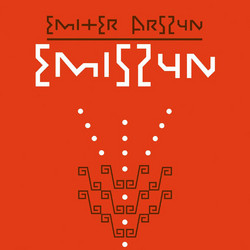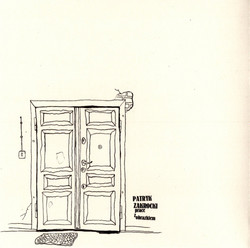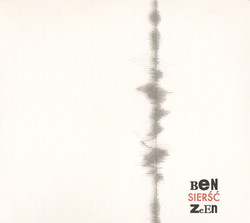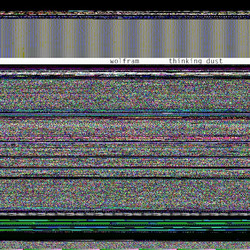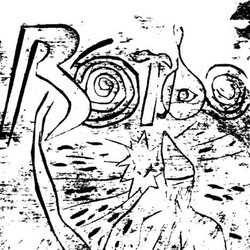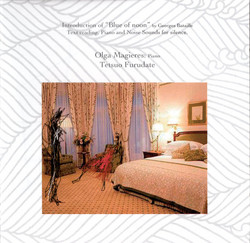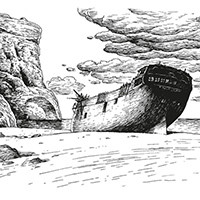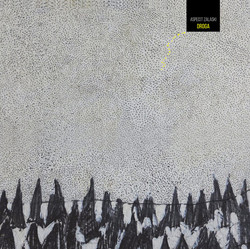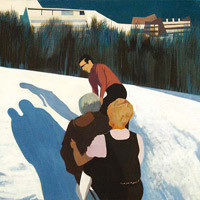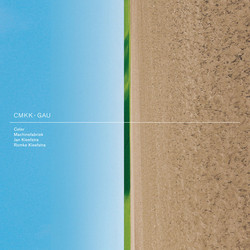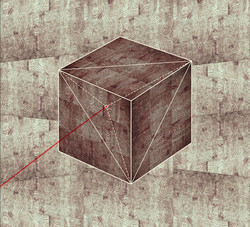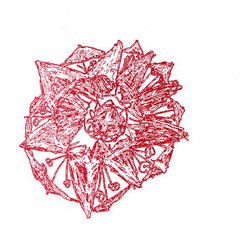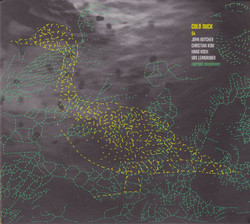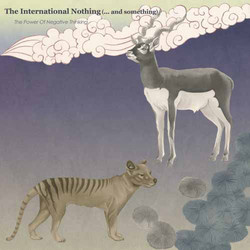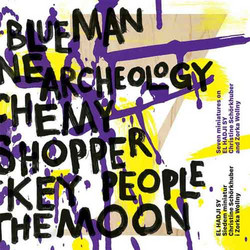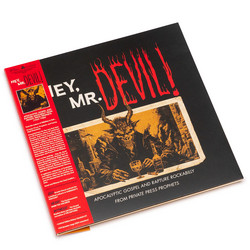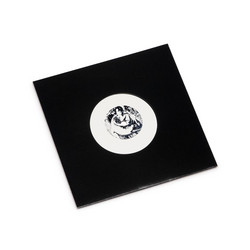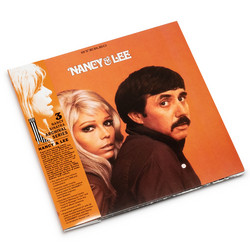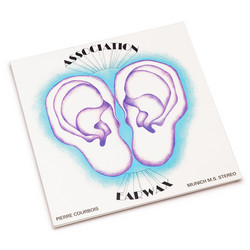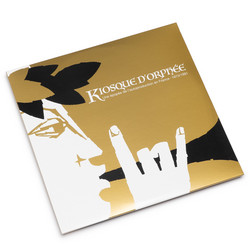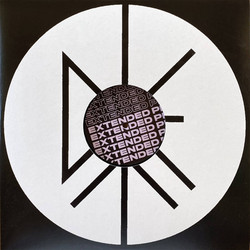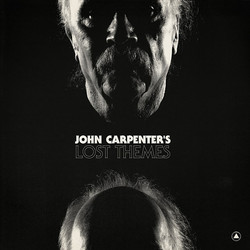Charles-Eric Charrier is one of those musicians for whom it is difficult to sum up the career process with just a few lines; there are curves, digressions, great jumps,doubts, daring since his beginnings with Dreta Lorelie, he has never ceased to explore new horizons, to open up to the world, to look behind the scenes, to question his music, and music in general - and thanks to all this, he has drawn the map of his inner world. We will avoid talking about rock, jazz, ambient, contemporary music, post this and that, we would be worried to lack certain labels! Charles-Eric is not an instrumentalist in the strict sense of the term. Obviously, the bass is central in his music, but neither in terms of a display of technical skills, nor in terms of musical theory, or through notes in excessive quantities; he rather searches for the perfect line between improvisation and composed music; depending on the context. 'I am trying to be simple, but not simplistic'. That bass is at the service of a musical creation, of a certain sound, of a whole, but it is, above all, the means to put forward music in which the musician is not on the forefront, like these Songhad dancers of Holley who, once they have reached the state of trance, will become the 'horses of the genies', through them, despite of them, something bigger expresses itself over which they have no control. 'Before, I made 'intellectual music' - I twisted and bent it to express something psychological, emotional. Since Two Heads Bis Bis', I am at the service of something that surpasses me (). The challenge is to open oneself and to let the music come out.' MAN, Charles C. Oldman, Oldman are the leftovers from the past, successive stages of metamorphosis, of change. Today, he signs his recordings in his own name, a sign that a new threshhold has been crossed. Is the story closed? No, the journey does not appear to have come to an end...
